The Network Is Where It's At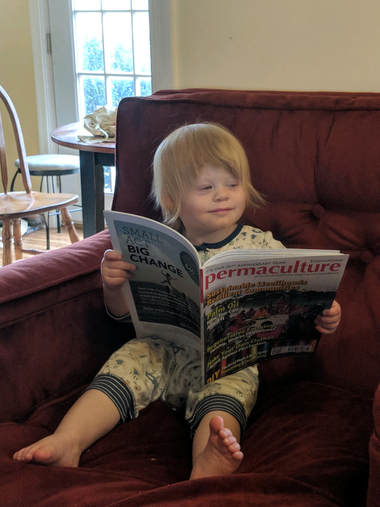 “95 percent of the permaculture projects that fail, fail due to poor design in the human sector.” -Dave Jacke “Everybody wants to dig swales and ponds or run a yeoman’s plow. Rain barrels, herb spirals, ferrocement cisterns, keyhole raised beds-This is the stuff of permaculture dreams.” I start the morning sour, lost in thought, rifling through permaculture cliche's as I pull up to Polyface Farm on an early saturday in November. The central shenandoah valley is adjusting to the first few frosts of the year. Wood smoke is spilling out of the buildings on the farm. Already students in the Shenandoah Permaculture Institute fall 2018 PDC are circling up in the parking area just outside of the farm store. It’s the third weekend of the course and by now the students are excited to catch up with each other following a two week break. As I”m climbing out of my truck i notice small groups of people talking -mostly about their future projects-some about struggles or joys they’ve had since the last time we were together. These are, on the whole, intimate conversations-there are no strangers despite the short amount of time we have spent together. I feel good about this. We have done our job. I stand back on the edge, sipping coffee, and waiting for Joel Salatin and the rest of the teaching team to join us. At Shenandoah Permaculture Institute we focus heavily on what Toby Hemenway referred to as the human sector. We design our human sector in the course with the same thoughtfulness as the curriculum and we encourage and provide strategies for the students to factor the human sector into their designs. My quiet observation is interrupted when three former students and a former apprentice instructor show up. Now this is exciting. There are two great joys to teaching permaculture. The first is seeing substantial and sustainable projects, be they homesteads, nonprofits, or for profit businesses come out of our courses and the second, is seeing students from past courses. Throughout the years we’ve had former students help each other with projects, volunteer on our farms, start businesses that partner with our own, and of course audit later classes. Joel walks into the circle to start the day. The reunion will have to wait, but i’m bursting with that giddy feeling of seeing old friends and wanting to know what they’re up to. My colleague Trevor Piersol opens the morning with an introduction to Joel Salatin, who is a neighbor to Shenandoah Permaculture Institute and once again I am struck with gratitude in reflecting on the web of elders, practitioners, and students that exist in the state of Virginia. I am happy and humbled to have participated in this small change that is taking place across the state. It is I believe, in the words of Gregory Bateson,-”the difference that makes a difference.”
1 Comment
4/20/2020 07:57:07 am
Our culture is what defines the people that we grow up to be. If you grew up in a specific culture, then that is what will shape you. I Think that it is important that we are raised in a civilized environment. We do not really choose who we become, we are all products of our environment. I think that it is important that we allow children to grow to be who they want to be, most children do not get that opportunity.
Reply
Leave a Reply. |
Authors
Daniel Firth Griffith Archives
June 2022
Categories |
Proudly powered by Weebly
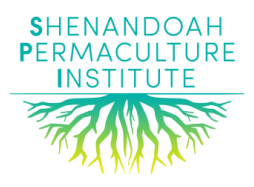
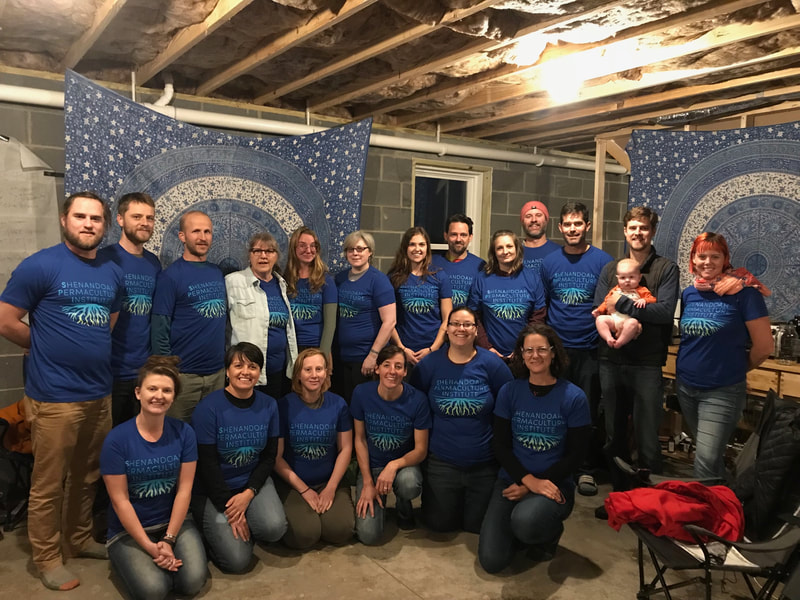
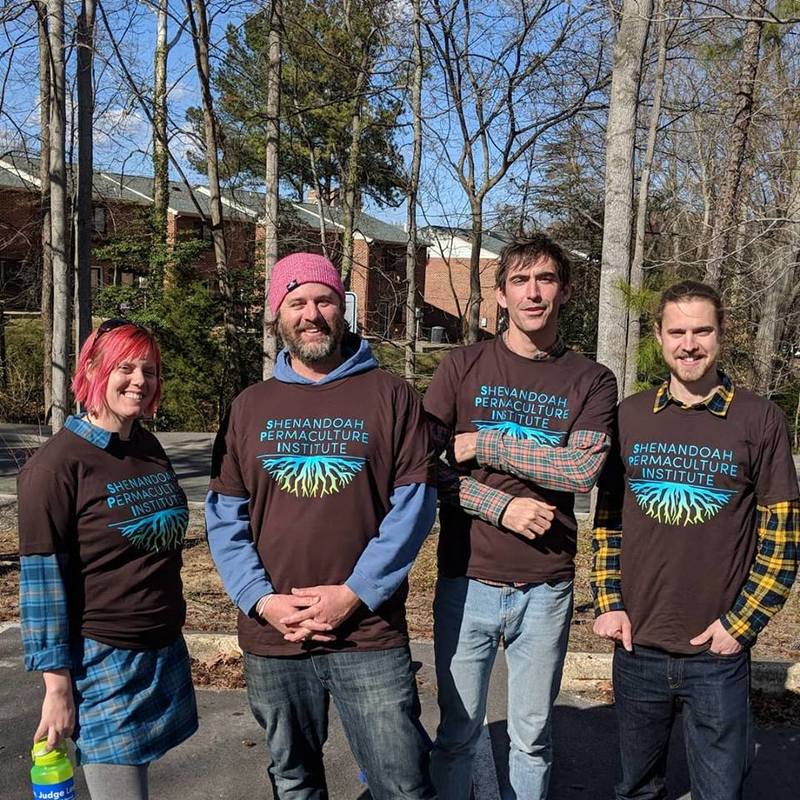
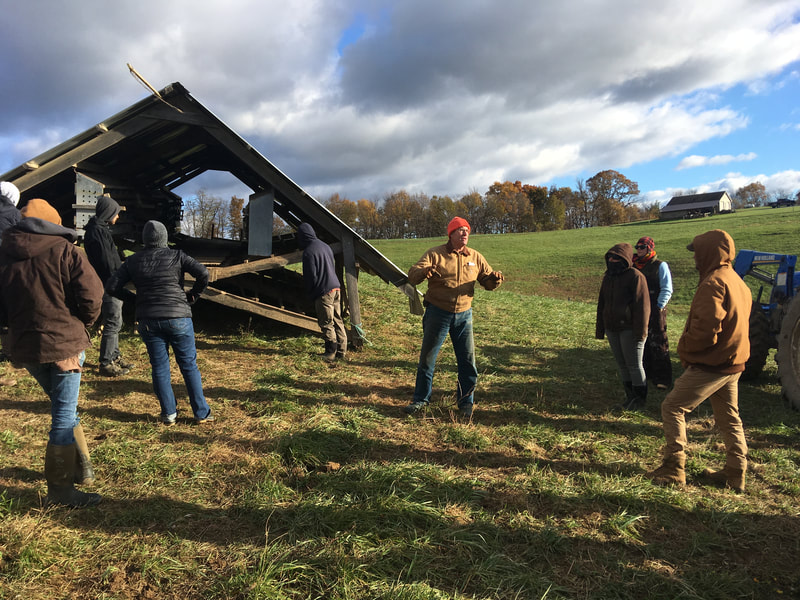
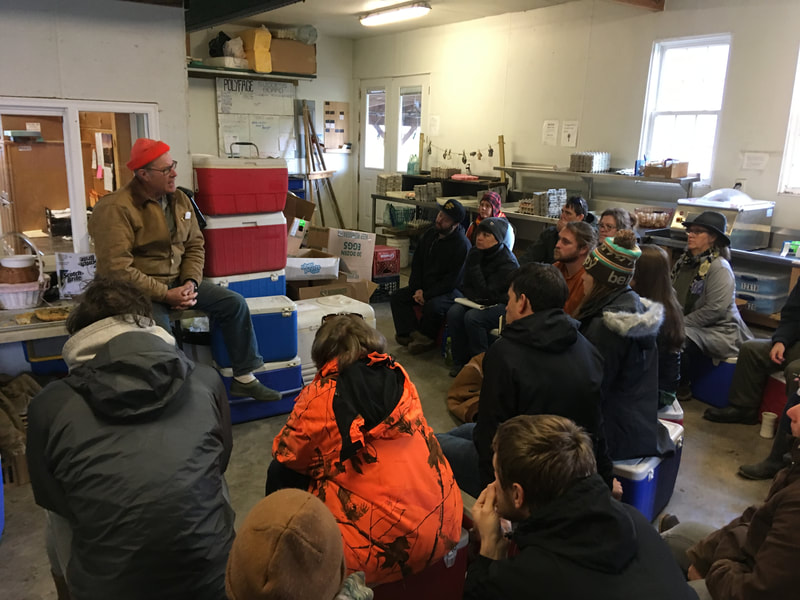
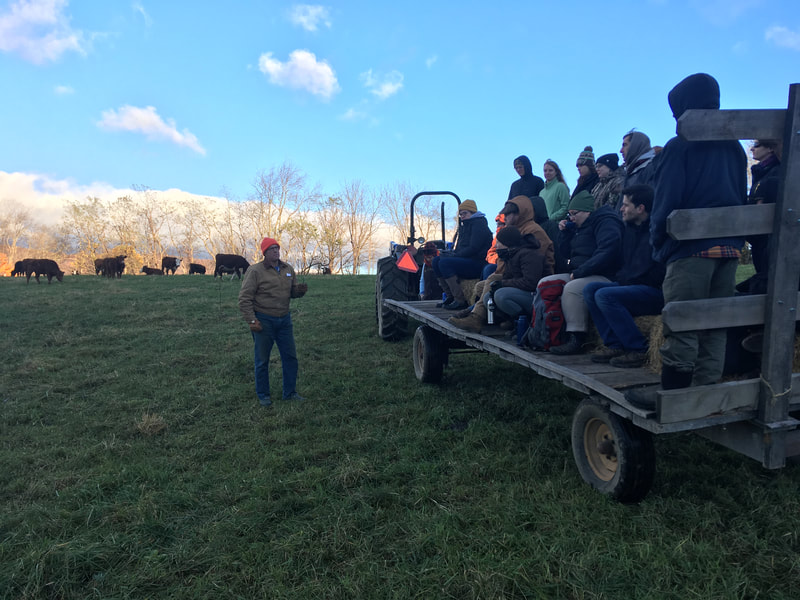
 RSS Feed
RSS Feed